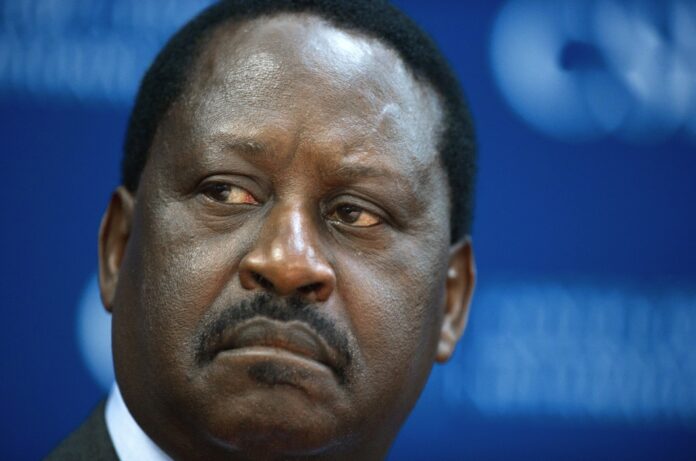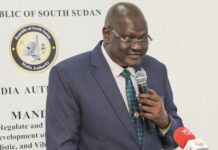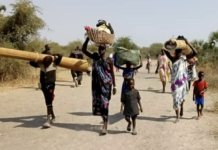Veteran Kenyan political leader Raila Amolo Odinga has died while receiving medical treatment in India. He was 80 years old.
Odinga was admitted at the Sreedhareeyam Ayurvedic Eye Hospital & Research Centre in Koothattukulam, Kerala, where he was reportedly undergoing care following a mild stroke.
On the morning of October 15, he collapsed during a walk within the hospital compound. Despite efforts by medical staff, he was pronounced dead at 9:52 a.m. local time. Kenyan and Indian media reports attribute the cause of death to cardiac arrest.
He had traveled to India in early October after suffering a minor stroke in Kenya. He previously underwent treatment in Mumbai before moving to Kerala, where he was accompanied by family and a personal physician.
Hospital and local authorities have begun formal procedures, and the Kenyan Embassy in India is coordinating arrangements for repatriation of his remains.
Odinga was one of Kenya’s most prominent political figures, known for his long struggle for democratic reforms and repeated presidential bids. He served as Prime Minister of Kenya from 2008 to 2013 during a power-sharing government following the violent 2007–2008 election crisis.
He was also a formidable opposition leader who contested for Kenya’s presidency five times, pushing for constitutional change, electoral reform, and greater transparency in governance
His death leaves a significant void in Kenya’s opposition movement. Analysts and political observers anticipate intense internal struggle within the Orange Democratic Movement (ODM) and the broader opposition coalitions
Messages of condolence have poured in from Kenyan political leaders, regional heads of state, and international figures. Many have praised Odinga’s role in advancing democratic ideals, his resilience, and his contributions to Kenya’s political evolution.
Odinga’s death is likely to usher in a period of uncertainty in Kenyan politics, especially within opposition ranks. The question now is whether a new generation can carry forward his legacy and how his absence might reshape the political balance ahead of upcoming elections.
His life’s work and dedication to public service already cement a place in Kenya’s history now comes the task of how it is carried forward in his absence.





